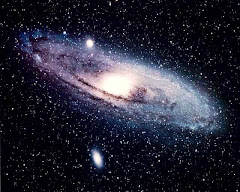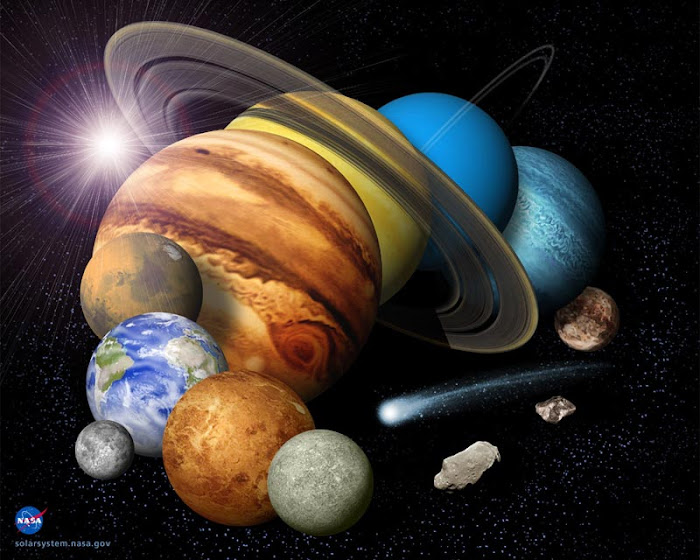Einstein's Theory of Relativily: says that the speed of light - 300,000 km/s - is the maximum speed that anything can travel in the Universe. It requires more and more energy to approach the speed of light. You could use up all the energy in the Universe and still not be traveling at light speed.
As you know, most of the galaxies in the Universe are expanding away from us because of the Big Bang, and the subsequent effects of dark energy, which is providing an additional accelerating force on the expansion of the Universe.
Galaxies, like our own Milky Way are carried along by the expansion of the Universe, and will move apart from every other galaxy, unless they're close enough to hold together with gravity.
As you look at galaxies further and further away, they appear to be moving faster and faster away from us. And it is possible that they could eventually appear to be moving away from us faster than the speed of light. At that point, light leaving the distant galaxy would never reach us.
When that happens, the distant galaxy would just fade away as the last of the photons reached Earth, and then we would never know it was ever there. This sounds like it breaks Einstein's theories but it doesn't. The galaxies themselves aren't actually moving very quickly through space, it's the space itself which is expanding away, and the galaxy is being carried along with it. As long as the galaxy doesn't try to move quickly through space, no physical laws are broken.
One sad side effect of this expansion is that most of the galaxies will have receded over this horizon in about 3 trillion years, and future cosmologists will never know there's a great big Universe out there.
Friday, April 25, 2008
How Can Galaxies Move Away Faster Than Speed of Light?
Subscribe to:
Post Comments (Atom)












No comments:
Post a Comment